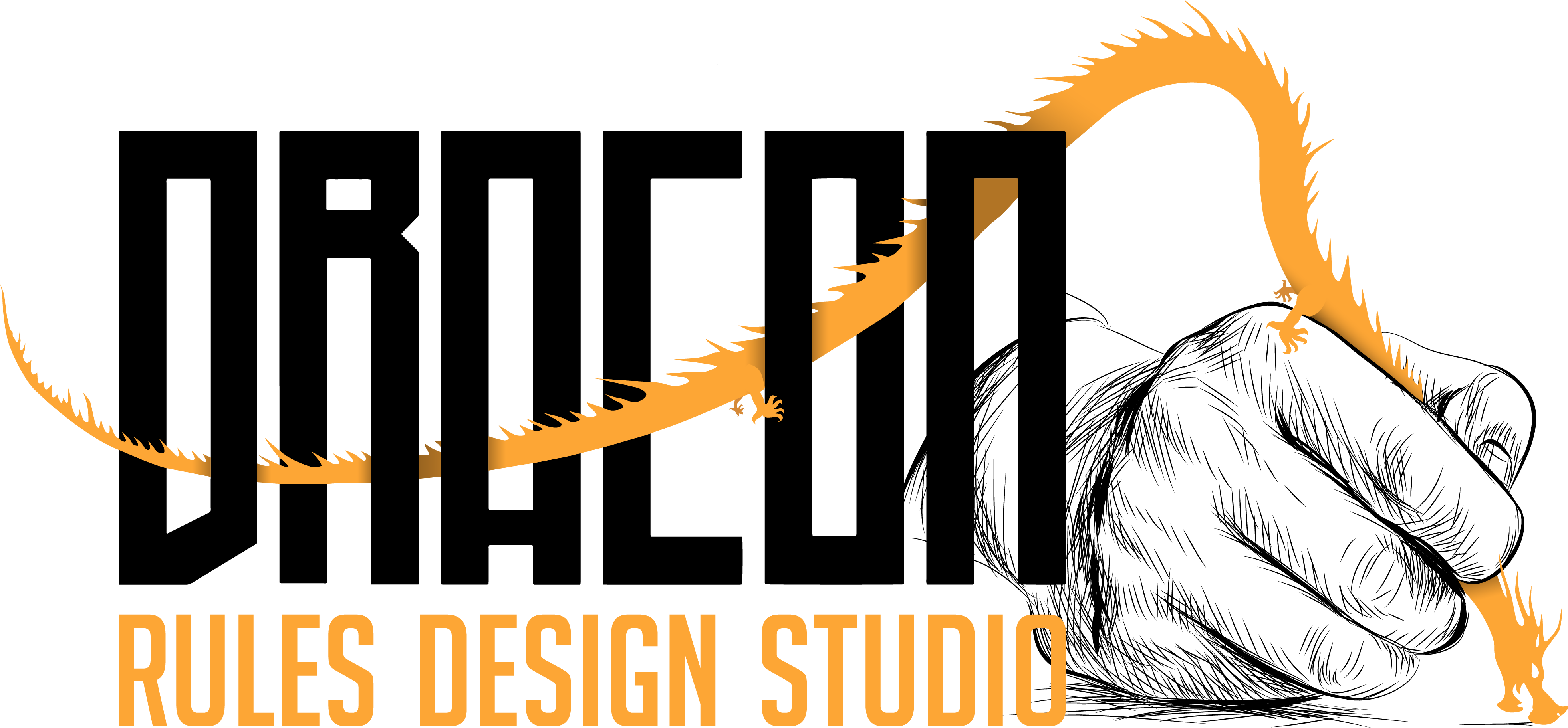Announcing the I-GAME Erasmus+ Project: Innovative Gaming in Education
We are thrilled to announce the I-GAME Erasmus+ Project, co-funded by the European Union and supported by the Greek National Agency for Erasmus+. This project, formally titled Innovative GAming Methodologies in Education, focuses on leveraging the power of serious board games to revolutionize educational practices while promoting inclusion and diversity.
What is the I-GAME Project?
I-GAME aims to bridge gaps in education through innovative gaming methodologies, focusing on creating inclusive board games that foster critical thinking, social interaction, and cognitive skills. Unlike digital games, board games offer unique advantages such as affordability, accessibility, and the promotion of social connections.
The project brings together a dynamic consortium of partners, including:
Challedu (Greece) – An expert in game-based learning and inclusion.
Dracon Rules Design Studio (Greece) – Specializing in game design and rules structuring.
Archon Studio (Poland) – Renowned for manufacturing board games.
Asociatia Share Education (Romania) – Dedicated to education and inclusion for people with disabilities and marginalized groups.
Objectives and Activities
The primary goals of the I-GAME project include:
Improving the competencies of educators and adult education staff.
Promoting inclusion and diversity in education through game-based methodologies.
Creating upskilling pathways to enhance the accessibility and adoption of adult education.
Through a series of four Learning, Teaching, and Training Activities (LTTAs), participants explored various aspects of board game design, from manufacturing and mechanics to applications in inclusion and education. Notable highlights include:
Visiting board game factories and understanding the technical aspects of manufacturing.
Learning modern design techniques to create engaging and inclusive games.
Collaborating with institutions supporting marginalized groups, such as refugees, minorities, and people with disabilities.
Stay tuned for more updates and resources as we continue to expand the horizons of game-based learning through the I-GAME Erasmus+ Project.

